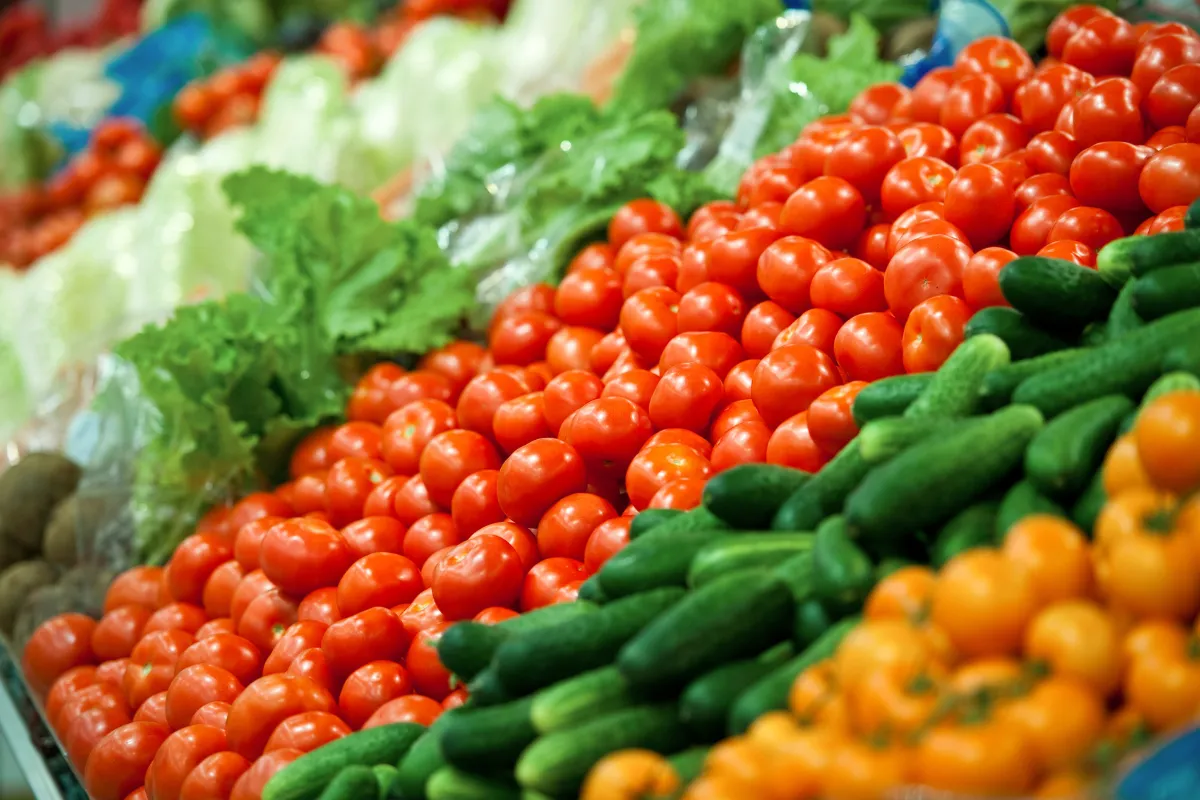Living a vibrant and healthy life is a pursuit we all share, and reducing the risk of stroke is a key component of that journey. In this article, we’ll delve into the world of nutrition and discover five essential foods that not only tantalize your taste buds but also act as powerful guardians against the looming threat of stroke. Let’s embark on this culinary adventure together!
Berries: A Burst of Antioxidants
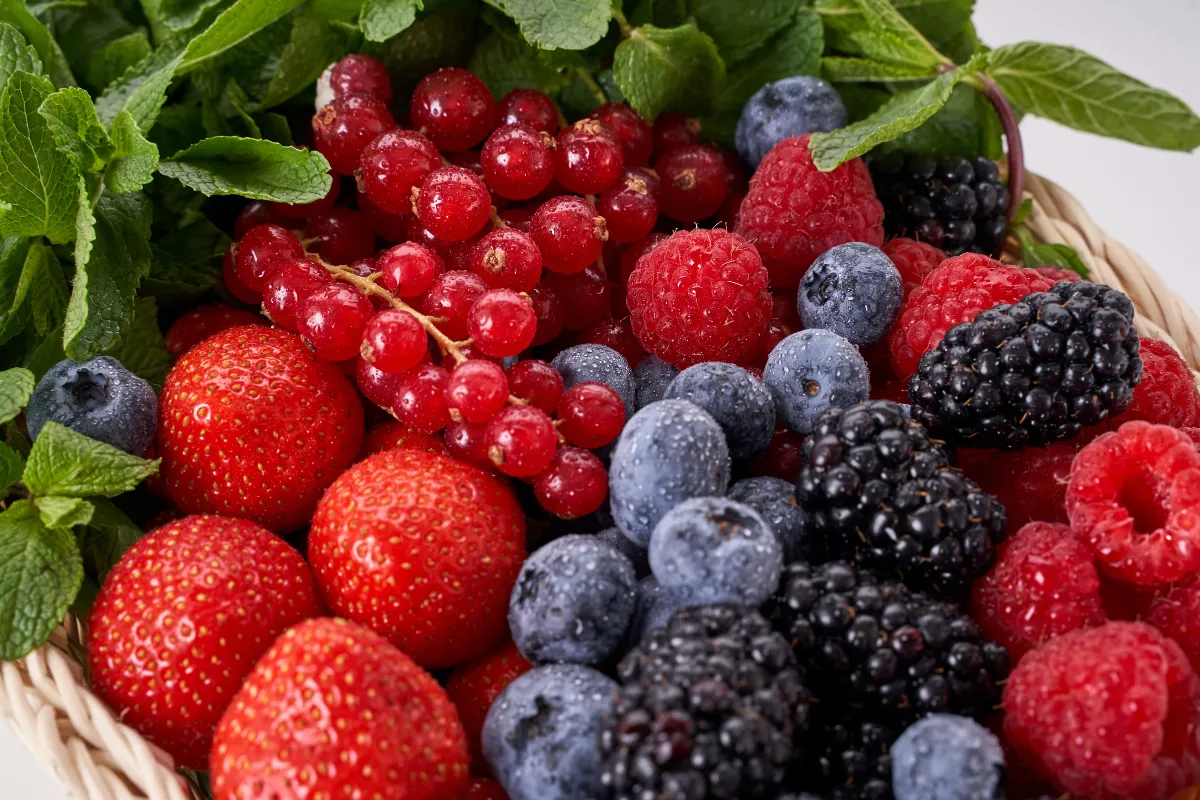
Berries, such as blueberries, strawberries, and raspberries, are not just sweet treats for your taste buds – they are also packed with antioxidants. These tiny but mighty fruits help combat oxidative stress in the body, reducing inflammation and promoting overall cardiovascular health. Learn how to incorporate these antioxidant-rich gems into your daily diet for a scrumptious and stroke-resistant experience.
Omega-3 Rich Fatty Fish: Nourishing Your Brain
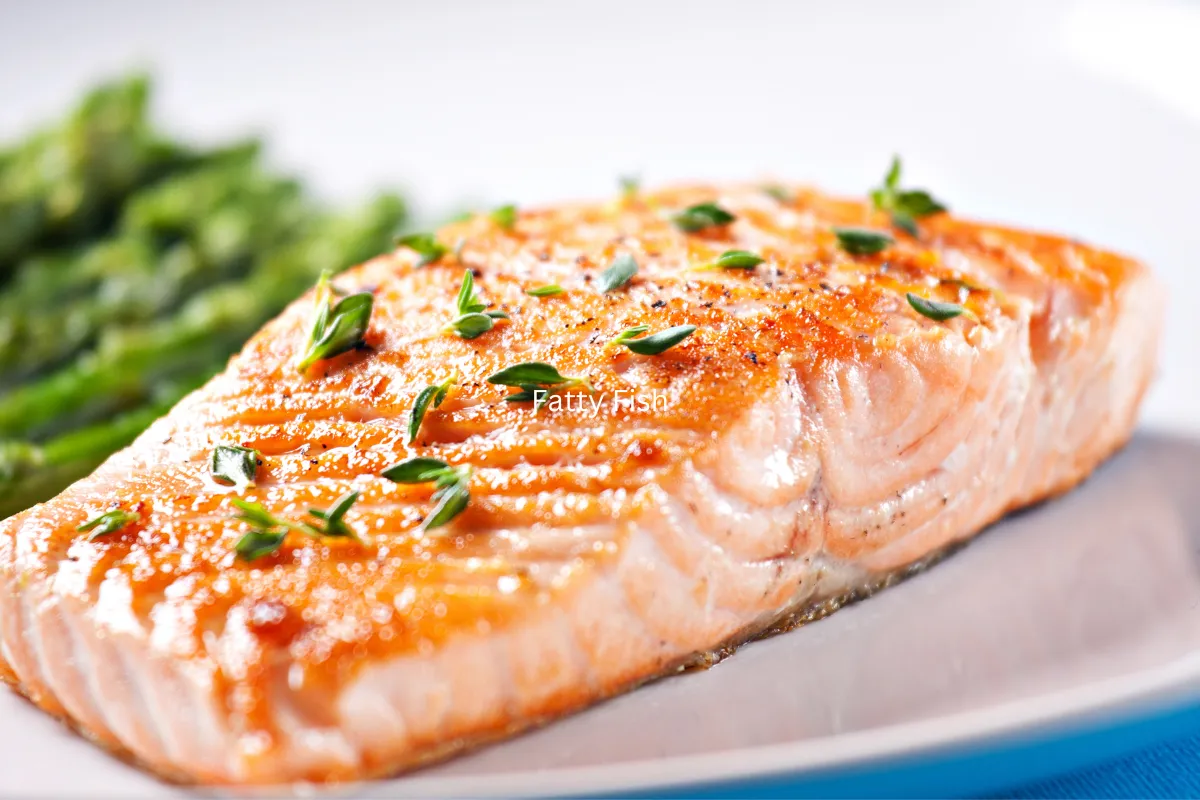
Delicious and nutritious, fatty fish like salmon, mackerel, and trout are teeming with omega-3 fatty acids. These essential fats play a pivotal role in maintaining a healthy heart and brain, helping to regulate blood pressure and lower the risk of blood clots. Dive into the deep blue sea of omega-3 benefits and discover tasty recipes that make these fish a delectable addition to your regular meals.
Leafy Greens: The Power of Vitamin K
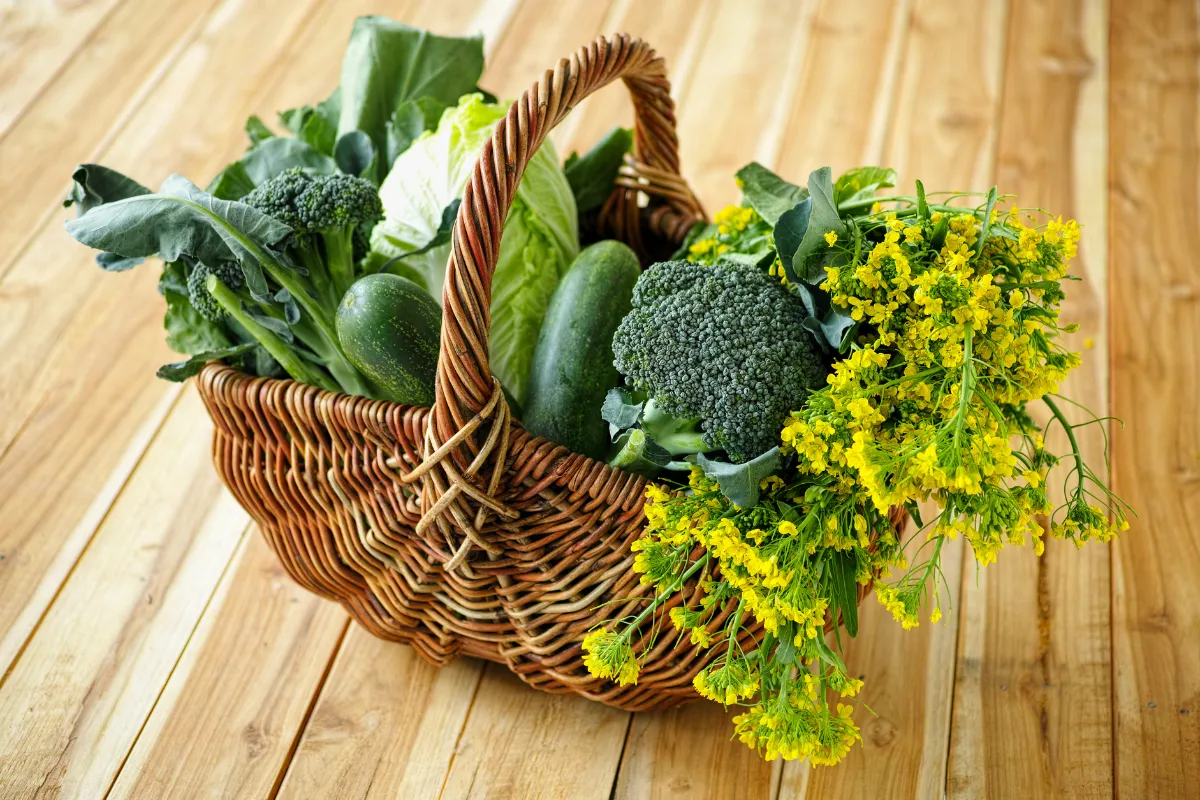
Kale, spinach, and collard greens are not just for salad enthusiasts; they are also potent stroke-fighting allies. Packed with vitamin K, these leafy greens contribute to proper blood clotting and vascular health. Unearth the various ways you can incorporate these verdant wonders into your daily diet, ensuring your plate is a canvas of health and wellness.
Nuts and Seeds: Crunch Your Way to Heart Health
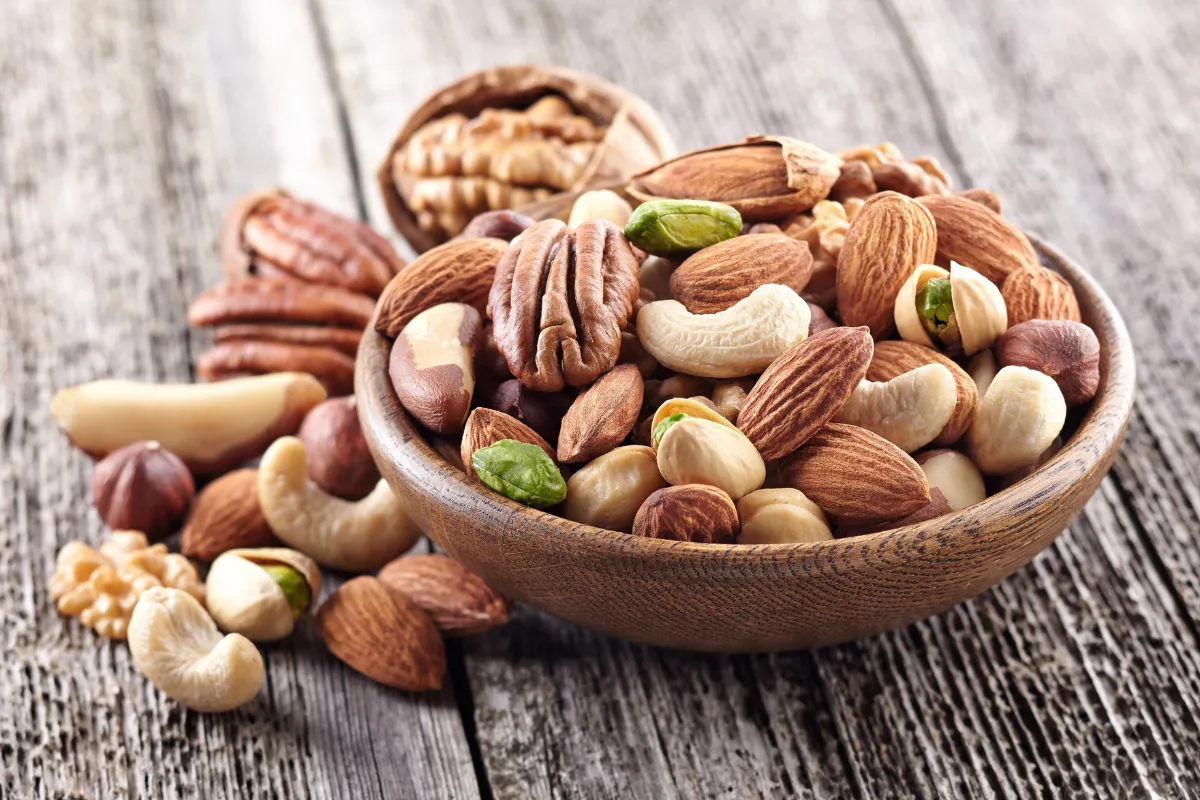
A handful of nuts and seeds each day can pave the way to a healthier heart and a reduced risk of stroke. Walnuts, almonds, chia seeds, and flaxseeds are rich in omega-3 fatty acids, fiber, and antioxidants. Discover the satisfying crunch of these tiny powerhouses and explore creative ways to integrate them into your snacks and meals.
Whole Grains: Building Blocks of a Healthy Heart
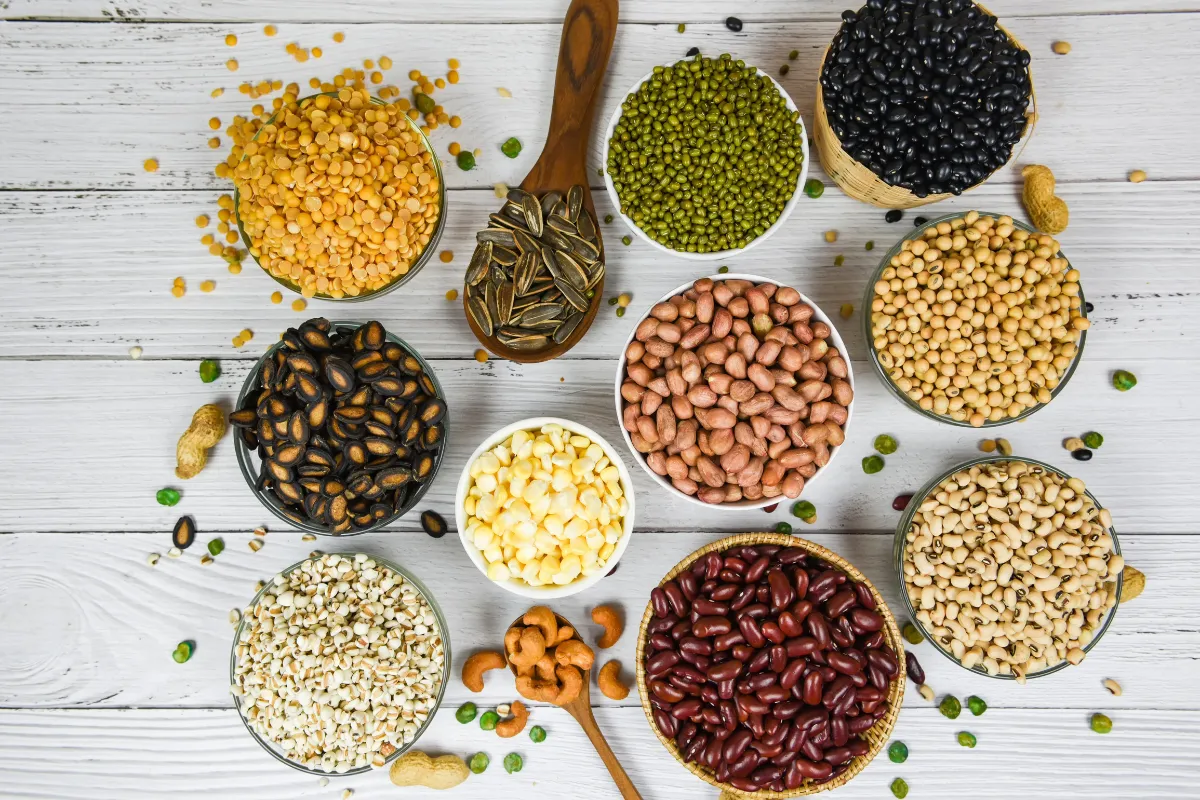
Bid farewell to refined grains and embrace the goodness of whole grains like quinoa, brown rice, and oats. These fiber-rich grains help regulate cholesterol levels, maintain steady blood sugar, and contribute to overall heart health. Uncover the diverse and delicious world of whole grains, making them an integral part of your daily diet for a resilient cardiovascular system.
Conclusion
As we navigate the culinary landscape of stroke prevention, it becomes evident that incorporating these five essential foods into your daily diet can be a flavorful and fulfilling journey. By making conscious choices about what goes on your plate, you are not only satisfying your taste buds but also taking proactive steps towards a healthier, stroke-resistant life.
FAQs:
1. Can I consume these foods if I’m on a specific diet plan?
Absolutely! The recommended foods are versatile and can be adapted to various dietary plans. Always consult with your healthcare provider for personalized advice.
2. How often should I include these foods in my diet?
For optimal benefits, aim to include a variety of these foods regularly. However, balance is key – moderation is crucial to maintaining a well-rounded diet.
3. Are there any specific recipes to make these foods more appealing?
Certainly! Stay tuned for our upcoming article featuring delicious recipes that incorporate these stroke-fighting foods, adding both taste and health to your meals.
4. Can supplements provide the same benefits as these foods?
While supplements can be helpful, obtaining nutrients from whole foods is generally recommended as they offer a combination of essential nutrients and fiber that supplements may lack.
5. Are there any other lifestyle changes that can complement these dietary choices?
Absolutely! Regular exercise, maintaining a healthy weight, and managing stress are essential components of a comprehensive approach to reducing stroke risk. Explore a holistic approach to wellness for maximum benefits.

